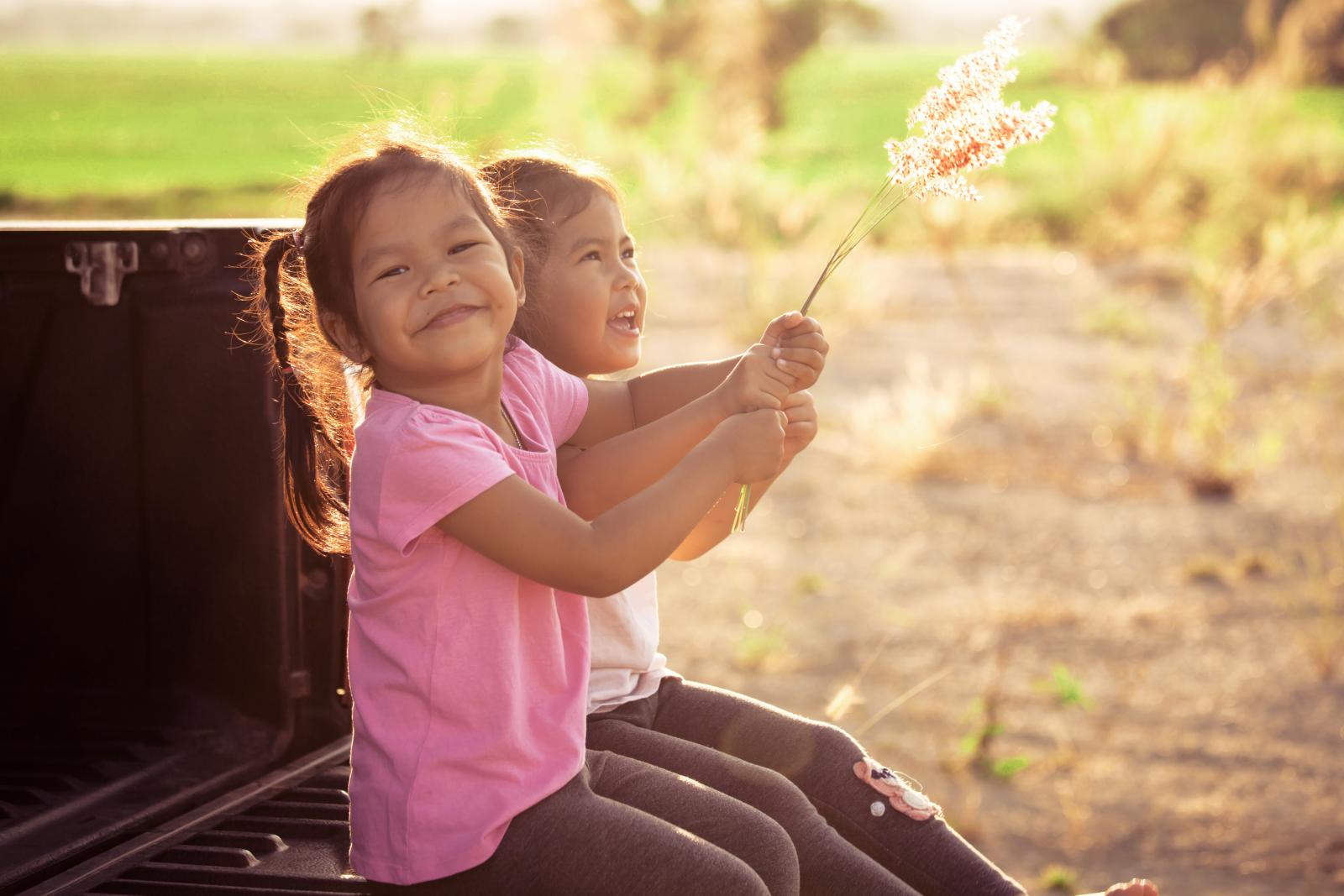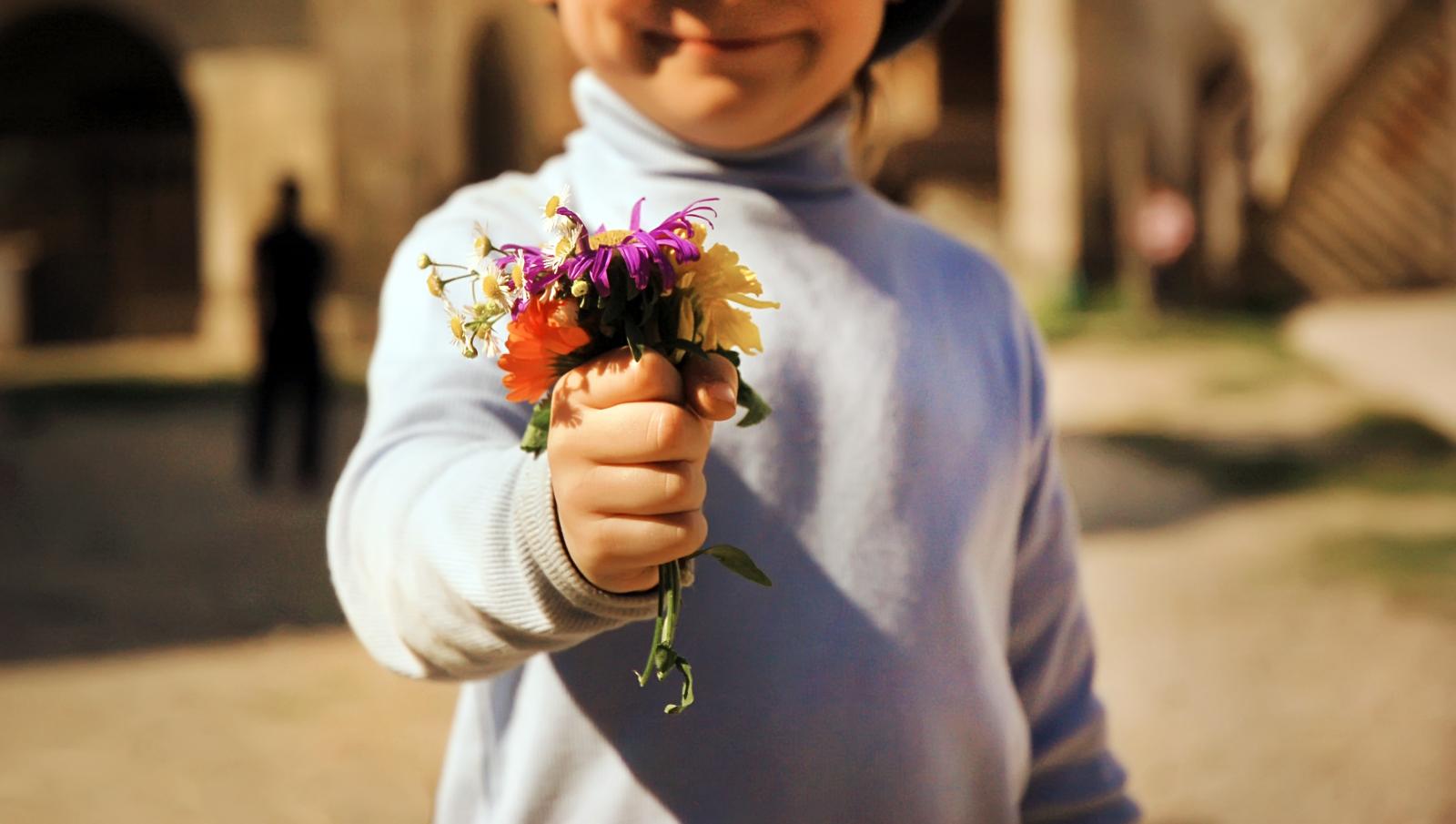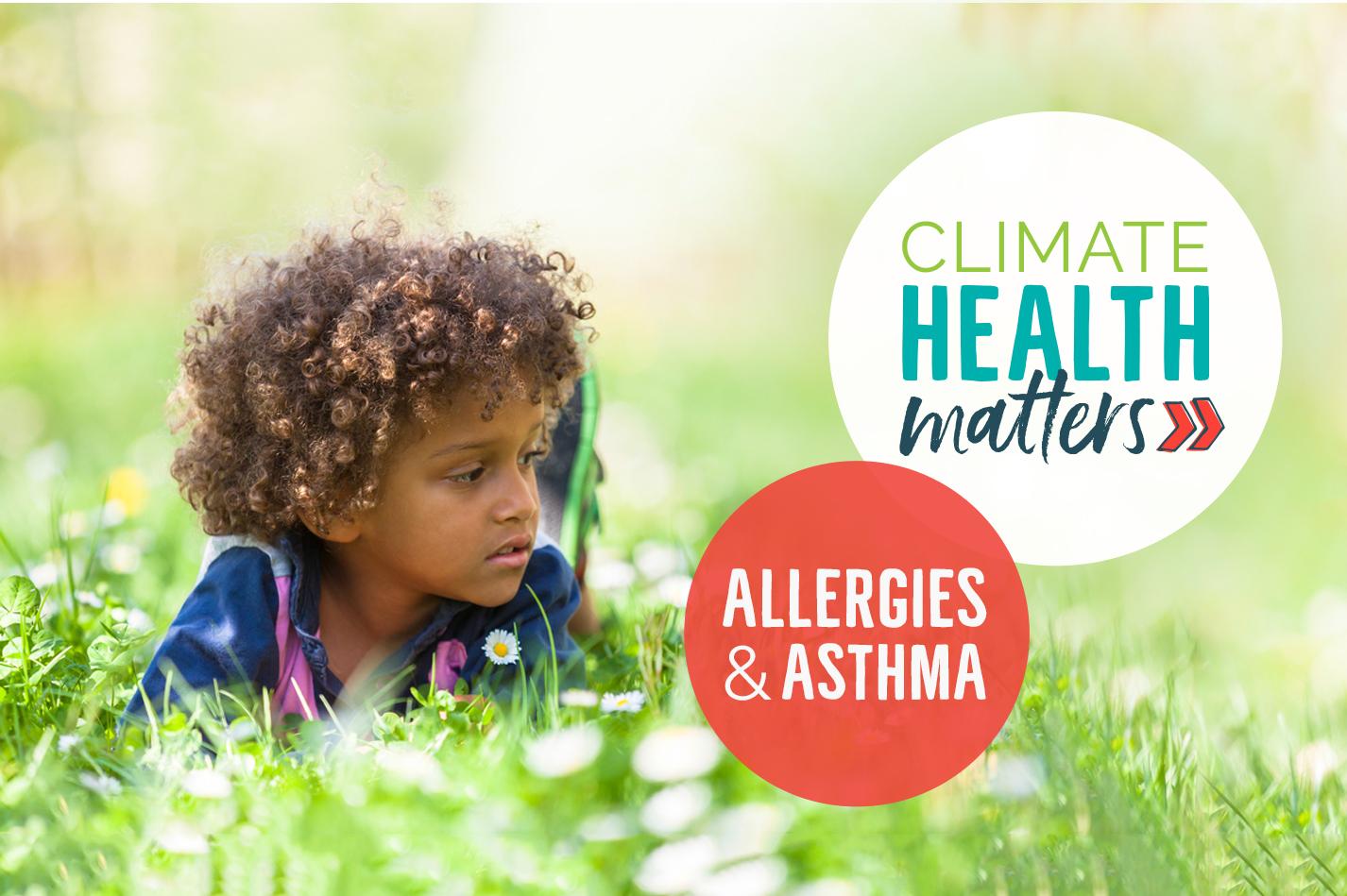Climate change and the use of fossil fuels are not only making our planet sick, they’re affecting human health in some surprising ways—including asthma rates that just keep going up, and longer, sneezier allergy seasons. Even worse, kids – those least responsible for climate change – are being hit hardest.[1] To help protect them and future generations, we need to take action. That’s why Seventh Generation has joined forces with Sierra Club’s Ready for 100 Campaign: a movement to get cities to switch to 100% renewable energy. A switch to renewable energy means cleaner air and healthier kids.
Growing Cases of Asthma
You’ve likely heard that burning fossil fuels causes air pollution and global warming. But what does that have to do with asthma? Well, polluted air can cause cell death, stress, and inflammation in our lungs[2]. This is especially true for kids, whose immune systems are still developing[3]. We all know kids love being outside—building forts in the woods, shooting hoops at the park, making chalk drawings on the sidewalk—and since they breathe more air per day than adults do because of their higher respiration rate[4], their exposure to these health effects is potentially higher.

The CDC reports that asthma causes millions of doctor visits per year, and the number of people living with asthma grew by a whopping 15% in the past decade alone—making it the most common chronic illness in childhood.[5] According to the National Environmental Education Foundation, preschool age kids with asthma are especially vulnerable and will visit the emergency room for asthma-related health scares twice as often as older kids.[6] That is potentially a lot of missed field trips, canceled play dates, not to mention worried moms and dads.
Kids of color are statistically worse off, which is upsetting, but not all that surprising since 68% of African-Americans live only 30 miles from a coal-fired power plant and Latino kids are 60% more likely to have an asthma attack than their white peers.[7] Let’s not forget, too, that asthma is a chronic disease. This means that kids who have to grow up using inhalers on the playground will also be packing them when they leave for college.
A Longer, Sneezier Allergy Season
On the allergies front: a warming planet grows pollen producing plants even earlier in the year, raising overall pollen levels. More pollen=more allergic reactions for people with pollen allergies. In addition, warmer temperatures attributed to climate change can produce more drought and wildfires, which leads to more dust particles in the air—all contributing to more severe allergic reactions.[8] Before long, packs of tissues and eye drops may become as common in kids’ lunchboxes as carrots and ranch.

There are some short-term solutions parents can embrace, like stocking up on allergy medications, looking for indoor summer camps, and trading afternoons at the skate park for afternoons on the couch, but is that really the future we want for families?
The good news is that solutions to slow climate change are not only available, they’re attainable. This is an issue we can solve for our communities, and most of all, for our kids. So, join forces with Seventh Generation and Sierra Club’s Ready for 100 Campaign: Tell your city to commit to 100% clean and renewable energy. Cleaner, cheaper energy is possible—and it can make a difference in the health of this generation.
[1] https://www.cdc.gov/asthma/asthmadata.htm
[2] G. D’Amato et al., “Meteorological conditions, climate change, new emerging factors, and asthma and related allergic disorders. A statement of the World Allergy Organization,” World Allergy Organ. J., vol. 8, p. 73, Dec. 2015.
[3] https://www.yaleclimateconnections.org/2017/03/doctor-to-fight-asthma-fi...
[4] https://www.verywellhealth.com/what-is-a-normal-respiratory-rate-2248932
[5] https://www.cdc.gov/asthma/asthmadata.htm
[6] https://www.neefusa.org/weather-and-climate/weather/childrens-health-cha...
[7] https://www.sierraclub.org/climate-parents
[8] G. D’Amato et al., “Effects on asthma and respiratory allergy of Climate change and air pollution,” Multidiscip. Respir. Med., vol. 10, Dec. 2015.


